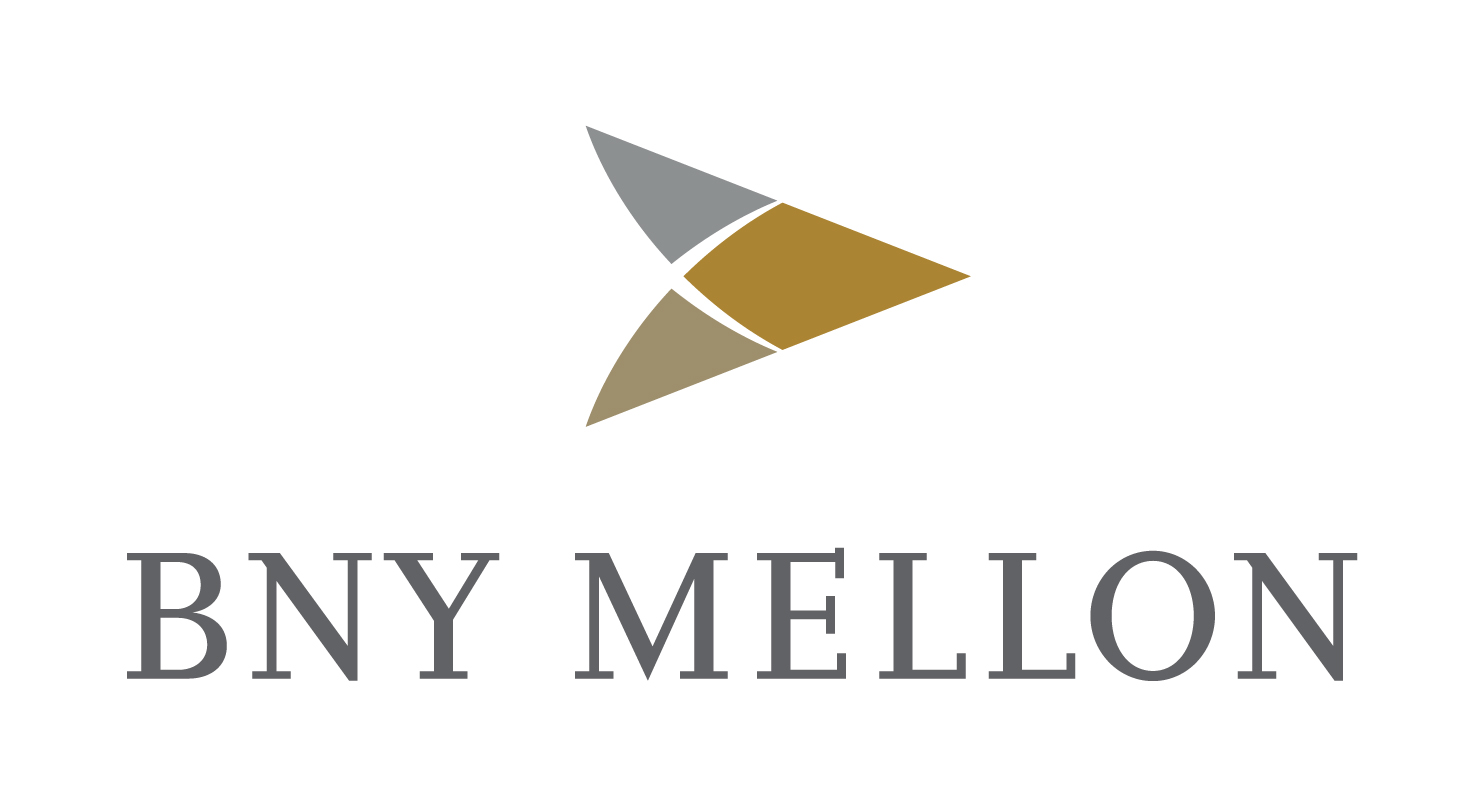John Foster speaks to RAJ GUPTA, RESEARCHDIRECTOR OF THE CENTRE FOR INTERNATIONAL SECURITIES AND DERVATIVE MARKETS.
The global financial crisis has turned the previously cosy, stable and processorientated world of treasury management on its head. In the past, tried and tested practices, relationships and technologies were passed from generation to generation of CFOs and treasury managers, and the industry evolved at a slow and measured pace. however, the collapse of bear stearns and then Lehman brothers in 2008, and the global financial catastrophe this caused, was synonymous with an extinction-level event similar to the meteor impact that wiped out the dinosaurs.
In the post-Lehman world, treasurers have realised that relying on traditional treasury policies and practices will not foster a safe environment for growth.Instead, corporates and banks have been forced to take a fresh look at overall treasury strategy and structure. In the new paradigm, treasury specialists have had to rationalise the way they conduct business globally and consider the effects of new legislation, the growing importance of counterparty risk, and the likelihood of a volatile future. Most importantly, they have had to embrace new technology and new ideas and think outside the box.
Raj Gupta is research director of the Centre for International securities and derivatives Markets (CISDM) at the university of Massachusetts amherst in the us. he has been an investment strategist pushing the frontiers of the investment market forward throughout his lengthy career, and is a keen macroeconomic and fiscal observer of the Middle east, north africa and south asia. he predicts a sea change in the way treasury professionals ply their trade in the Mena markets.
What has been the impact of the global financial crisis on treasury?
When Lehman’s collapsed in september 2008, sparking off the global credit crunch, the corporate treasury manager unexpectedly found himself centre stage. suddenly the treasurer appeared on his CeO’s speed dial, whereas before, the CeO probably had little cause to talk to him ever. Calls occurred with daily, even hourly regularity as the executive management bombarded the treasury department with questions about counterparties, balances, investments, access to credit, and access to internal sources of liquidity.
The stress levels have reduced somewhat, but now treasury is firmly at the top table and everyone knows its importance. for treasurers the financial crisis has been revolutionary but with their newly found eminence have had to change and adapt their working practices and, most importantly, embrace new technology.
Where are treasurers in the Middle East missing out in terms of new developments and ideas?
Bankers and treasurers in the Middle East have some way to go before their use of hedging products reaches the sophistication of more developed financial centres; however, through education on hedging strategies and techniques, the barriers to advanced risk management can be overcome. I also think that the regulatory regimes – most notably in the financial centres of dubai, Qatar and Bahrain – have to start to accept and encourage the development of new sophisticated derivatives products. Without the support of the financial centres, which are fundamentally the overnments of the region, to develop a sophisticated derivatives market to assist cash management and the financing of regional and international trade, treasurers are operating with one hand tied behind their backs. however, the advantage that the financial centres have in terms of regulation and product development is that they can see the mistakes so-called ‘developed’ markets have made and legislate and innovate to avoid falling foul of the same bear-pits, and in many ways get one step ahead of the game.
What advantages can be gained from developing a regional derivatives infrastructure?
The most obvious advantage in using these products is to ‘lock in’ an attractive exchange rate as readily as to protect against adverse rate changes. It is an inability to see this, and the lack of success among banks in trying to point these things out, which have contributed to what has been only a slow crawl towards acceptance of hedging products.
What sources of finance do you see developing in the region?
Despite the well-publicised recent problems Dubai has experienced with its shari’ah-compliant Islamic bonds, or sukuk, I can see there being continued demand from financiers in the Middle East and other Muslim countries. Issuance has slowed since the financial crisis began, but the nations of the region still have large infrastructure development plans and this type of financing taps into a rich seam of local capital. Issuance of sukuk in emerging market countries that have a sizeable Islamic population can provide corporates, as well as sovereigns, with an alternative funding source to conventional debt.
How would a common currency help develop regional and international trade in the GCC?
The biggest advantages of a common GCC currency are the removal of disruptions to trade and investment by exchange-rate adjustments, an end to the costs of converting between currencies, and greater international stability through a new currency that is on a more equal footing with other major currencies. however it was supposed to happen this year, but the six Gulf nations had significant economic and, most notably, political differences and the plan foundered. It was a great idea and would have helped treasury specialists in the region, and it has been a missed opportunity – however, there are other ways of achieving this.
What other ways?
Contracts for difference (CFDs). There are already entrants to the regional market, such as saxo bank, which launched its Commodity CFDs last year. In conjunction with the regional financial centres and on markets like the nasdaq dubai, the regional banks can develop a number of CFDs. I think this would be a good stop-gap position that would really help out cash management and trade finance in the short term until the GCC’s rulers can come to a political and economic compromise on a single currency.
 Cash And Trade Magazine For Cash and Trade professionals in the Middle East
Cash And Trade Magazine For Cash and Trade professionals in the Middle East




